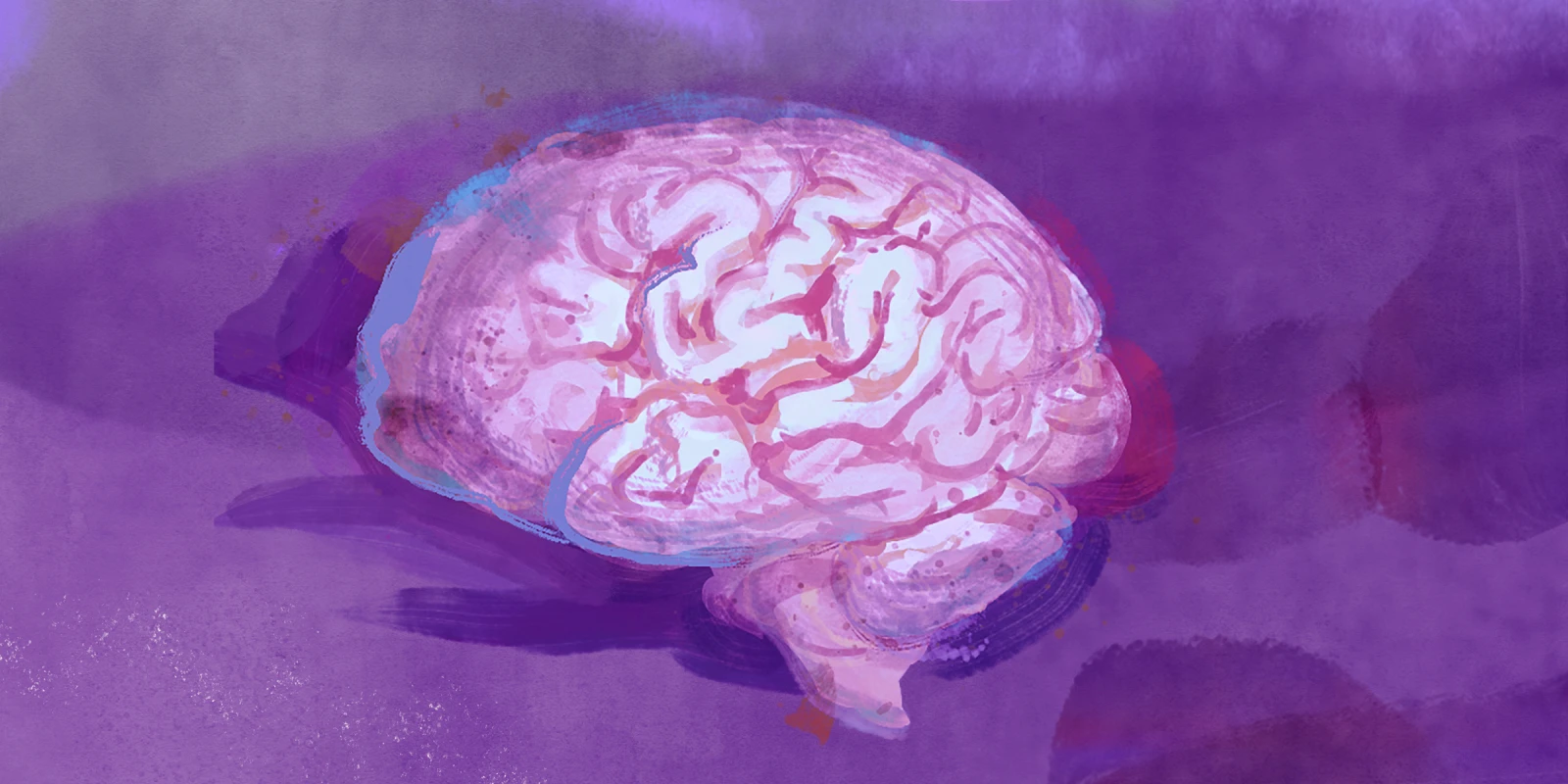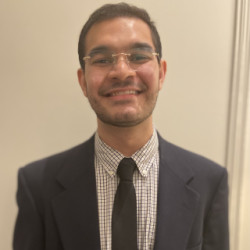As a fourth-year medical student preparing to enter a neurosurgery residency, I’ve often been struck by the unique position neurosurgeons hold at the intersection of individual patient care and broader public health issues. While neurosurgery is often seen as a highly specialized field focused on intricate procedures, my experience during medical school has taught me that neurosurgeons can play a significant role in addressing public health challenges. From TBIs to stroke prevention, there are several ways in which our specialty can contribute to improving health outcomes on a population level.
TBIs is a major public health concern that affects millions of people globally. It is one of the leading causes of disability and death, particularly among young adults and the elderly. As a medical student, I’ve seen firsthand how devastating TBIs can be, not just for the patient but also for their families and communities. During my rotations, I encountered multiple patients with TBI, each case serving as a stark reminder of the far-reaching consequences of this injury. One case involved a young man who suffered a severe TBI from a motor vehicle accident. Despite the best efforts of the neurosurgical team, he faced a long road to recovery, highlighting the importance of both acute care and prevention.
Neurosurgeons are uniquely positioned to advocate for TBI prevention strategies. We can engage in community education by promoting helmet use, seatbelt safety, and fall prevention measures, particularly among high-risk groups like adolescents and the elderly. Furthermore, neurosurgeons can contribute to public policy efforts, advocating for legislation that enhances road safety, controls alcohol consumption, and improves emergency medical response systems.
Stroke is another area where neurosurgery intersects significantly with public health. As the fifth-leading cause of death in the U.S., stroke management is a critical component of neurosurgical care. During my neurosurgery rotation, I witnessed the incredible impact of timely intervention in acute stroke cases. In one memorable instance, a middle-aged woman presented with an acute ischemic stroke. The rapid decision-making of the neurosurgical team, coupled with the availability of advanced imaging and endovascular techniques, allowed for swift intervention that significantly improved her outcome.
However, our role does not end in the OR. Stroke prevention is an area where neurosurgeons can advocate for broader public health measures. We can work alongside neurologists and primary care clinicians to promote stroke awareness, encourage regular screenings for risk factors like hypertension and atrial fibrillation, and support initiatives aimed at reducing smoking and improving diet and exercise habits in the general population.
The relationship between neurosurgery and mental health is complex and often overlooked. Conditions such as TBI, stroke, and brain tumors can have profound effects on a patient’s mental health, leading to depression, anxiety, and cognitive impairments. As a future neurosurgeon, I believe that we have a responsibility to consider these broader impacts when treating our patients.
During my training, I observed the benefits of a multidisciplinary approach that included psychiatrists, neuropsychologists, and social workers. In one case, a patient who underwent surgery for a glioblastoma experienced significant cognitive decline postoperatively. The team’s collaboration with mental health professionals allowed for a more comprehensive care plan that addressed not only the patient’s physical needs but also their psychological well-being.
Neurosurgeons can also play a role in public health initiatives focused on mental health by supporting research into the neurological underpinnings of psychiatric disorders, advocating for integrated care models, and educating the public about the link between brain health and mental health.
Access to neurosurgical care remains a significant issue in many parts of the world, including underserved communities in the U.S. During my rotations, I noticed that patients from rural or low-income backgrounds often presented with more advanced disease states, likely due to delays in accessing specialized care. As neurosurgeons, we have the opportunity to advocate for equitable access to neurosurgical services, regardless of a patient’s socioeconomic status.
Telemedicine is one promising solution to bridging this gap. By leveraging telehealth technologies, neurosurgeons can provide consultations, follow-up care, and even preoperative assessments to patients in remote areas, reducing the need for travel and minimizing delays in care. Additionally, we can support initiatives that fund and train neurosurgeons to work in underserved areas, ensuring that more patients have access to life-saving interventions.
Reflecting on my experiences as a medical student, I am excited by the potential for neurosurgery to play a greater role in public health. Our expertise in the brain and nervous system positions us uniquely to contribute to preventing and managing conditions like TBI and stroke, advocating for mental health integration, and addressing health disparities. By embracing this broader perspective, neurosurgeons can help shape a healthier future not only for individual patients but for entire communities.
As I prepare to enter residency, I am committed to carrying this public health perspective with me, recognizing that each patient encounter is an opportunity to contribute to a larger, systemic impact. By aligning our specialized skills with public health goals, neurosurgeons can become leaders not only in the OR but also in the community.
Mustafa Farooq is a fourth-year medical student at the Medical College of Georgia, currently applying to neurosurgery residency. Passionate about the intersection of neurosurgery and public health, he aims to contribute to both individual patient care and broader community health initiatives.
Illustration by Jennifer Bogartz






